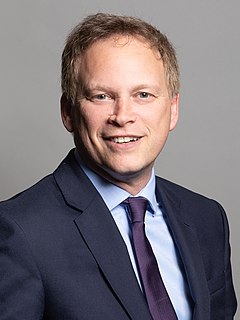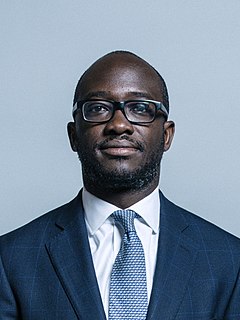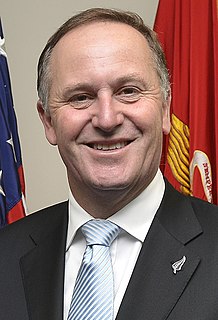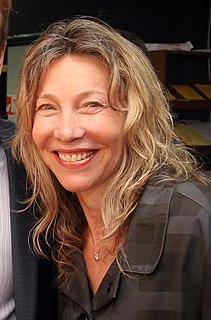A Quote by James Cleverly
The Conservative Party absolutely can be a party that speaks to mining communities in Nottinghamshire and Derbyshire, and communities based around heavy industry in Yorkshire and County Durham, Wales and Cornwall as well as urban areas like London.
Related Quotes
Generally biobanking is really designed more for urban areas, with the offsets being offered in non-urban areas. It may be able to help in some circumstances, but it depends a lot on what we're talking about here. But biobanking does allow for offsets in relation to a specific species, as well as specific ecological communities as well as land. It's quite a flexible tool.
All communities, and low-income communities especially because of food insecurity and lack of access to healthy foods, need more farmers markets, need more community gardens and urban farms. It would be great if people living in communities had the tools and resources to grow food in their own backyard - community-based food systems.
Latino actors and actresses have had to struggle for decades, but when I came around with Real Women Have Curves, attitudes were starting to change. We screened the film all over the world - in Jewish communities, black communities, Greek communities, German communities - and people across the board said, "That's my family."
My own view - and I'm very open to hearing other perspectives - is that this movement-building needs to begin at home, in local communities. It isn't about trying to launch a brand new national party overnight. It's about people in communities coming together across lines of difference, bringing with them their movements, their families, and coming together and saying, "How can we together build a movement of movements here at home? What would that look like? What do we want to do right here in our communities?"
We should not be living in human communities that enclose tiny preserved ecosystems within them. Human communities should be maintained in small population enclaves within linked wilderness ecosystems. No human community should be larger than 20,000 people and separated from other communities by wilderness areas. Communication systems can link the communities.
































